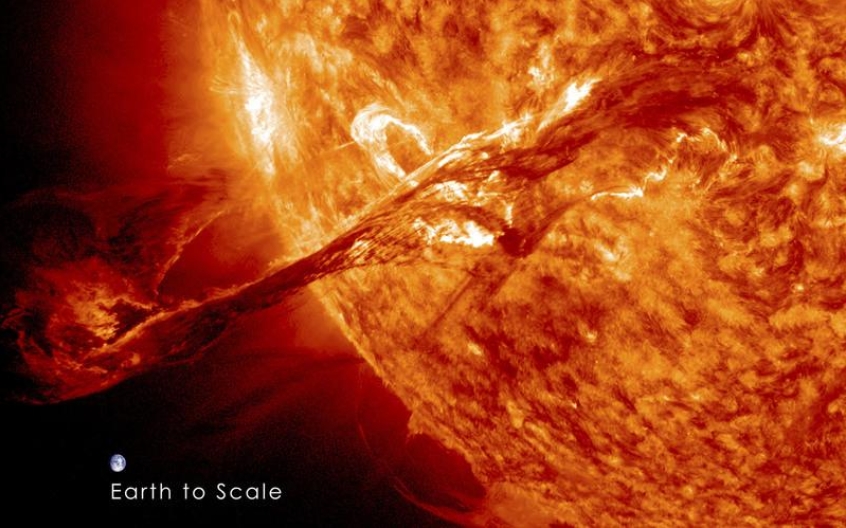NASA scientist Adam Szabo is part of the Parker Solar Probe and it's a groundbreaking mission that will make the first closest attempt to explore the sun.

Set to launch by July 2018, the Parker Solar Probe will send a spacecraft to orbit around the sun's atmosphere, also known as the corona, at least 24 times. The mission aims to study the heat, energy and solar winds around the sun as the spacecraft sends data back to Earth.
Szabo is expectedly looking forward to this launch. Speaking with CBN News, the scientist said, "I see God's hand in the wonders of space and even our existence here on earth couldn't happen without a divine Creator."
Work on the Parker Solar Probe is crucial for Szabo and the rest of the team at NASA, as no other spacecraft has come close to the sun. The data to be gathered will also have an impact on every planet in the solar system since the sun is the primary source of heat and light.
Though Szabo and his colleagues at NASA have studied and prepared for the mission for several years, a lot of things could still go down when the actual probe takes place.
"When I look at how much energy there is in the sun and all that energy coming towards us, yet that energy is extremely dangerous if we were just exposed to it," the scientist explained. "Just to fly by there [the sun] we had to take extreme protective measures just for robotic stuff to survive never mind human beings."
NASA announced the solar probe mission in 2017. The agency detailed that the Parker Solar Probe, which has been named after physicist Eugene Parker, will contain at least four instruments that will measure electrons, protons, ions and shock waves, as well as take 3-D pictures of the corona.
The spacecraft has also been engineered with heat shields to protect most of its technology from the sun's heat.
The space agency has been planning to probe the sun since the 1950s but the missions have been put on hold because the right technology was not yet invented at that time.













